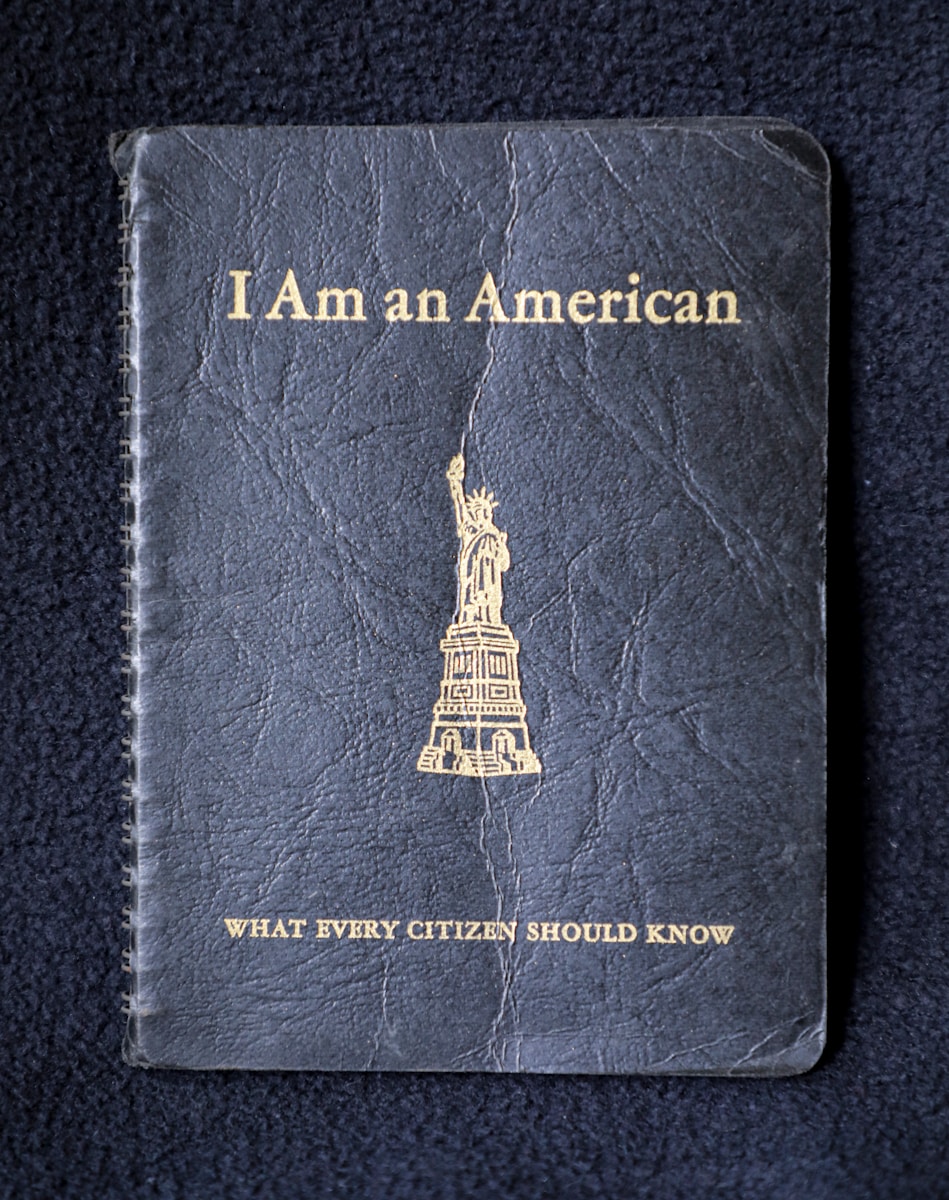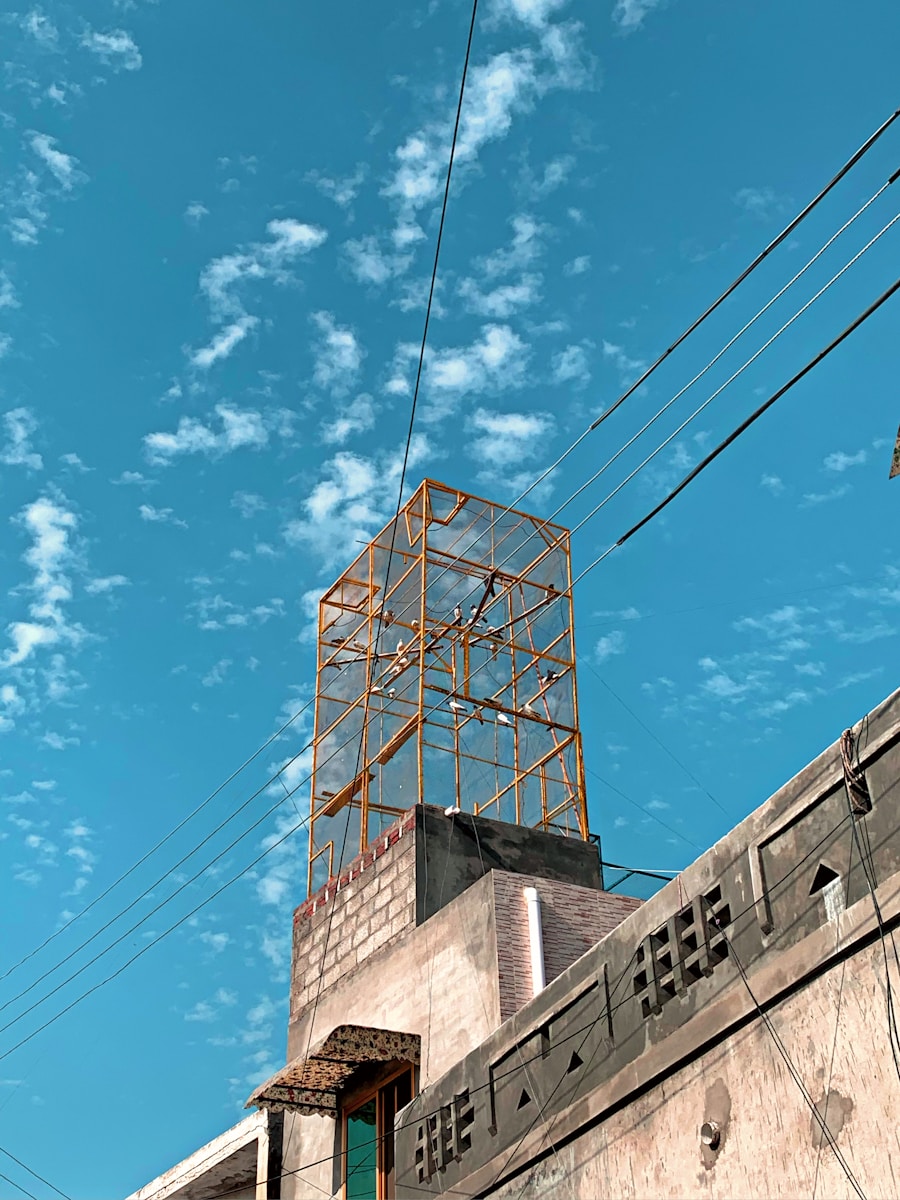Aasif Sultan: A Chronicle of Unending Trials and Press Freedom in Kashmir

Aasif Sultan, a former editor for the now-defunct Kashmir Narrator magazine, faces renewed incarceration under India’s stringent ‘anti-terror’ law, mere days after being released from a five-year jail term.
Table of Contents
- Introduction
- Aasif Sultan: A Profile
- The Unlawful Activities Prevention Act (UAPA)
- The Arrest and Detention
- The Release and Rearrest
- The Public Safety Act (PSA)
- The Human Rights Perspective
- The State of Press Freedom
- The Role of International Organizations
- The Reaction from the Public
- Life in Kashmir: A Broader Context
- Final Thoughts
Introduction
Press freedom is a cornerstone of any functioning democracy. However, in many parts of the world, journalists continue to face threats, harassment, and imprisonment. A recent case that has garnered international attention is that of Aasif Sultan, a Kashmiri journalist.
Aasif Sultan: A Profile
Aasif Sultan, aged 36, was an assistant editor for a Srinagar-based English magazine, Kashmir Narrator, which has since ceased operations. His journalistic work centered on the socio-political dynamics of Indian-administered Kashmir.
The Unlawful Activities Prevention Act (UAPA)
Enacted by the Indian government, the Unlawful Activities Prevention Act (UAPA) is a law that permits the arrest and detention of individuals suspected of engaging in ‘unlawful activities.’ The act is often criticized by human rights advocates as a tool used to suppress dissent and curb freedom of expression.
The Arrest and Detention
Sultan was taken into custody in September 2018, accused of “harbouring militants.” His family, however, vehemently denied these allegations, asserting that he was targeted due to his journalistic activities. During his jail term, Sultan was lodged in a prison in the northern Indian state of Uttar Pradesh, over 1,400 kilometers away from his home.
The Release and Rearrest
On February 27, Sultan was released from prison, only to be apprehended again a few days later. This time, he was charged under a 2019 case relating to violence inside Srinagar’s central jail, where he was lodged during his initial imprisonment. The charges filed against him include “rioting, unlawful assembly, endangering human life, attempt to murder,” and advocating, abetting, or inciting unlawful activity.
The Public Safety Act (PSA)
Following his release from the UAPA charges, authorities immediately imposed the Public Safety Act (PSA) on Sultan, a law that allows for detention without trial for up to two years. This act, similarly criticized for its potential misuse, is termed a “lawless law” by Amnesty International.
The Human Rights Perspective
The case of Sultan is a stark illustration of the human rights concerns in Kashmir. The use of laws like the UAPA and the PSA to detain individuals indefinitely without trial is seen as a gross violation of human rights.
The State of Press Freedom
Since 2019, when the special status of Kashmir was scrapped by the Indian government, there has been a marked increase in the arrest of journalists and activists under “anti-terror” laws such as the UAPA. This has raised serious concerns about the state of press freedom in the region.
The Role of International Organizations
Various international bodies and human rights organizations have condemned Sultan’s rearrest. They view it as an instance of ‘lawfare,’ where laws are used as weapons to harass journalists and suppress freedom of expression.
The Reaction from the Public
The public has expressed outrage over Sultan’s rearrest, viewing it as an attack on press freedom. Many are calling for Sultan’s immediate release and the abolishment of laws that curtail freedom of speech and expression.
Life in Kashmir: A Broader Context
The case of Aasif Sultan is not an isolated one. It is indicative of the broader socio-political climate in Kashmir, where dissenting voices are often silenced through the use of stringent laws.
Final Thoughts
The case of Aasif Sultan underscores the pressing need to safeguard press freedom and human rights, not just in Kashmir, but across the world. A free press is integral to a healthy democracy, and any attempt to curtail it should be vehemently opposed. As the world watches Sultan’s case unfold, it serves as a stark reminder of the challenges that journalists face and the price they often pay for speaking truth to power.




